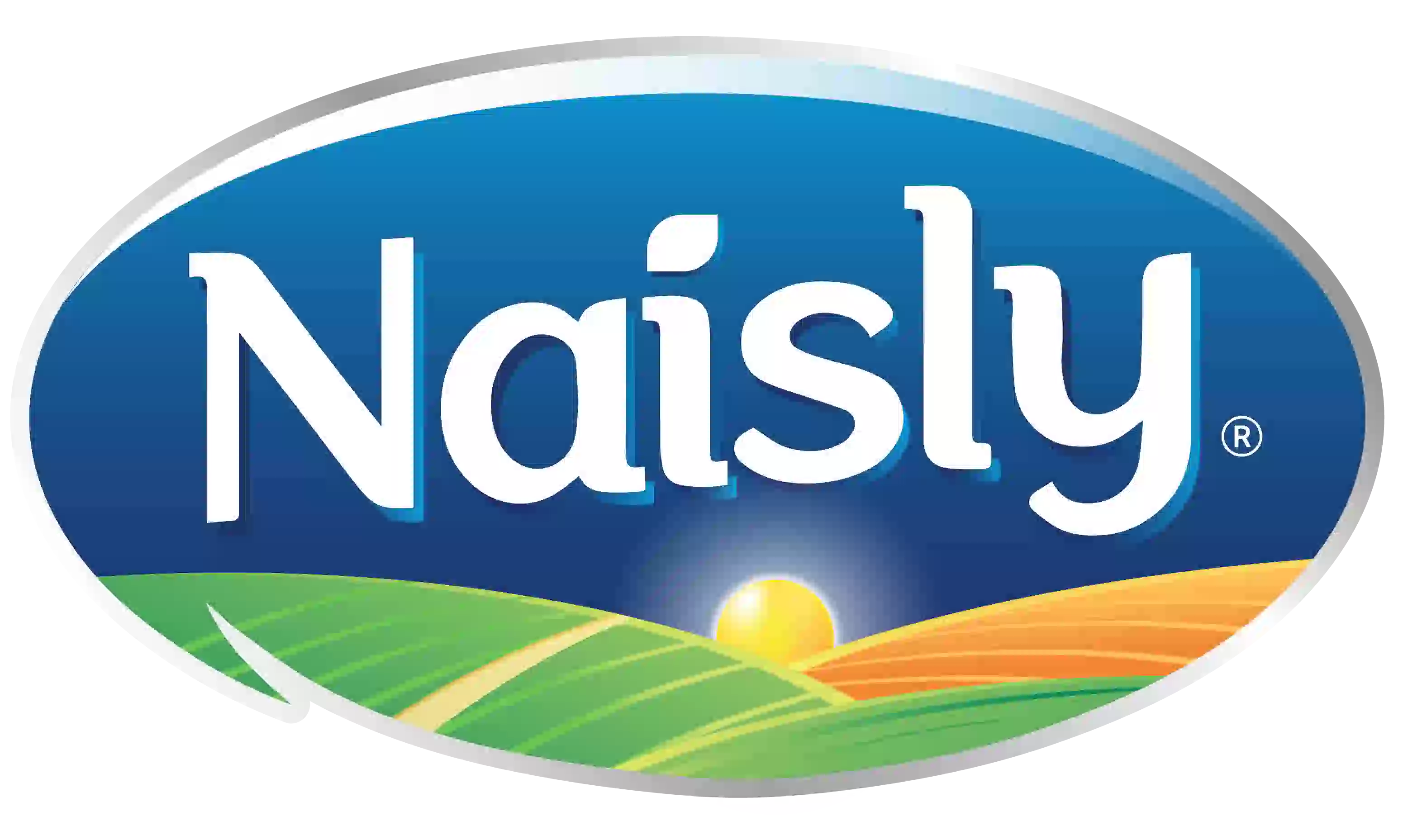Spirulina (Spirulina sp.) is a blue-green microalga shaped like thin, spiral filaments. This microorganism belongs to the cyanobacteria group (also known as blue-green algae) and can produce its own food through photosynthesis. Unlike most plants, Spirulina does not have a cellulose cell wall, making it easier for the human body to digest and absorb. Thanks to this unique characteristic, Spirulina has become one of the most promising natural nutrient sources.
Though tiny in size, Spirulina is widely known as “micro food, macro blessing”—a microscopic food with massive health benefits. Packed with essential nutrients such as protein, vitamins, minerals, and antioxidants, Spirulina has gained popularity as a natural supplement to support a healthy lifestyle. No wonder it’s now widely used in modern health and nutrition products.
Nutritional Content of Spirulina
Spirulina is considered one of the top natural superfoods due to its exceptional nutritional profile. For daily consumption, a typical dose is 1–3 grams, though up to 10 grams per day is considered safe and effective in some cases.
One of Spirulina’s greatest strengths is its high protein content, making up about 55–70% of its weight—even more than chicken, beef, or soybeans. It contains all 9 essential amino acids and 10 non-essential amino acids needed by the body. Spirulina is also rich in gamma-linolenic acid (GLA), a healthy fat that plays an important role in cell function and immune health.
Aside from protein, Spirulina provides a wide range of nutrients such as beta-carotene, vitamin B12, iron, phosphorus, calcium, and nucleic acids (RNA and DNA). It also contains phycocyanin, a unique antioxidant pigment found only in blue-green algae.
A single tablespoon (around 7 grams) of dried Spirulina powder provides about 4 grams of protein plus vitamins and minerals such as:
- Vitamin B1: 11% DV
- Vitamin B2: 15% DV
- Vitamin B3: 4% DV
- Copper: 21% DV
- Iron: 11% DV
It also contains magnesium, potassium, manganese, and other micronutrients that support overall body function. Spirulina’s protein quality is considered comparable to eggs because it includes all essential amino acids, making it an excellent natural choice for maintaining a healthy and balanced diet—either as a daily supplement or part of a long-term healthy eating plan.
Health Benefits of Spirulina
Here are some science-backed health benefits of Spirulina:
- Boosts the Immune System
Spirulina contains antioxidants, vitamins, and essential minerals like magnesium, zinc, iron, vitamin B6, vitamin C, and vitamin E—all of which play a crucial role in maintaining a strong immune system. Studies show Spirulina can increase white blood cell and antibody production, helping the body fight infections caused by viruses, bacteria, fungi, and parasites. - Supports Heart Health
Spirulina helps reduce triglycerides and LDL (bad cholesterol) while increasing HDL (good cholesterol). This effect makes it beneficial for lowering the risk of heart disease and other cardiovascular problems. - Relieves Allergy Symptoms
Research suggests Spirulina’s anti-inflammatory properties may help alleviate allergy symptoms such as sneezing, nasal congestion, itching, or rashes. However, further studies are needed, and it’s not recommended for those allergic to algae or Spirulina itself. - May Reduce Cancer Risk
Rich in antioxidants, Spirulina protects cells from free radical damage. By preventing cell damage and abnormal cell growth, it may help reduce cancer risk. - Helps Lower High Blood Pressure
Hypertension is a major risk factor for chronic diseases like stroke, kidney failure, and heart attack. Spirulina may help lower blood pressure by increasing nitric oxide production, which relaxes and dilates blood vessels. Its potassium content also contributes to stable blood pressure levels. - Promotes Digestive Health
Spirulina acts as a prebiotic, supporting the growth of good gut bacteria. It also improves nutrient absorption, helping the digestive system function more efficiently.
References:
- Kamaludin, A. M. R., & Holik, H. A. (2022). Review article: Chemical content and pharmacological activities of Spirulina sp. Indonesian Journal of Biological Pharmacy, 2(2), 59–66.
- Gramedia.com: Apa Itu Spirulina? Kandungan Nutrisi, Manfaat, dan Bahaya Berlebih (accessed July 16, 2025)
- Ners.unair.ac.id: Seputar Spirulina dan Manfaatnya Bagi Kesehatan (accessed July 16, 2025)

